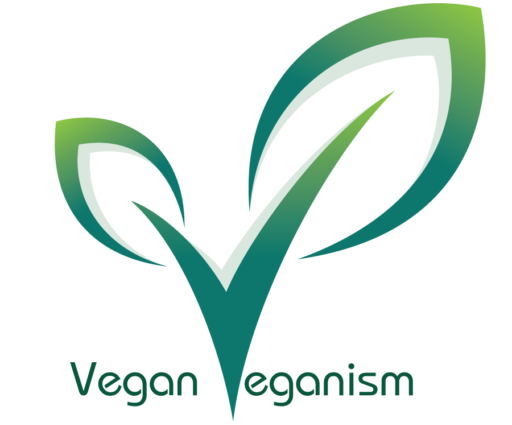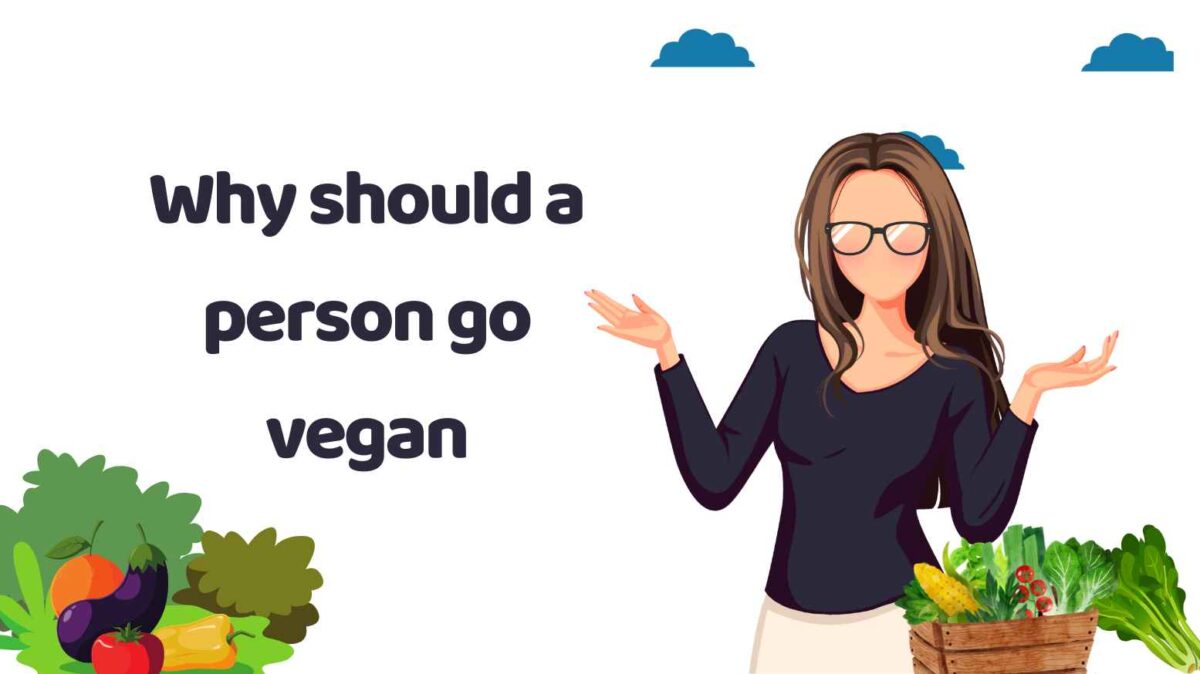Adopting a vegan lifestyle is more than just changing one’s food; it’s a complete commitment to forgo animal products in all areas of one’s life. For many people, adopting a vegan diet is a deeply moral decision based on ethical, environmental, and health concerns rather than just a question of personal taste. In this blog, we will discuss about why should a person go vegan in detail.
Ethical Motivations
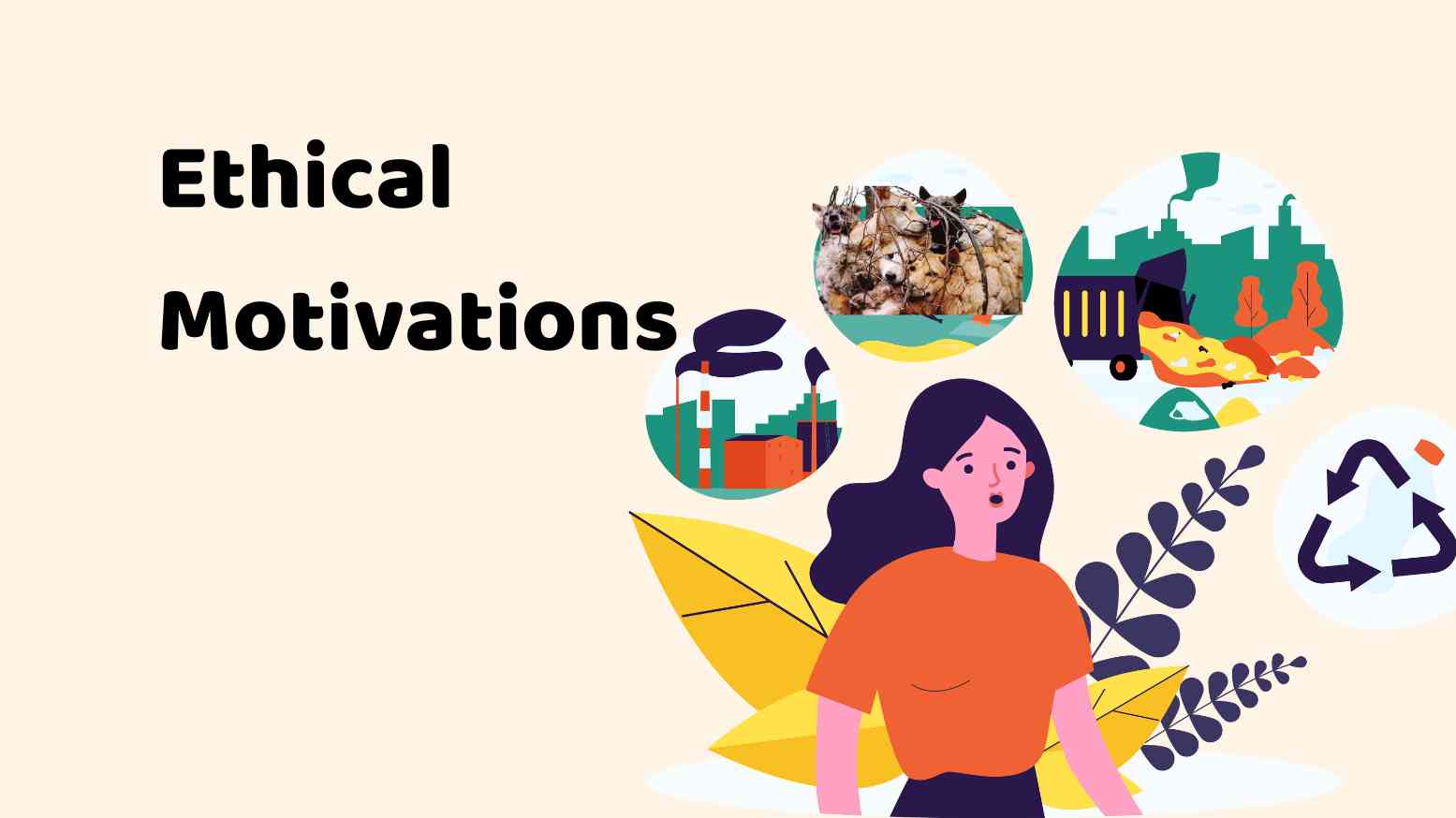
Ethical Concerns
A strong ethical position against animal abuse and exploitation is at the core of the decision for many people to adopt a vegan diet. They oppose factory farming and animal testing because they think animals should be treated with dignity and be spared from pain.
Animal Welfare
Confinement, painful procedures, and psychological suffering are among the conditions animals raised in factories are subjected to. Deciding to become vegans gives people the ability to live more ethically and to stop supporting businesses that engage in unethical behavior.
Animal Rights
Some people believe that animals have intrinsic rights that are unaffected by their usefulness to humans. For them, being a vegan is a moral requirement that guarantees they do not participate in the exploitation and objectification of sentient animals.
Environmental Considerations
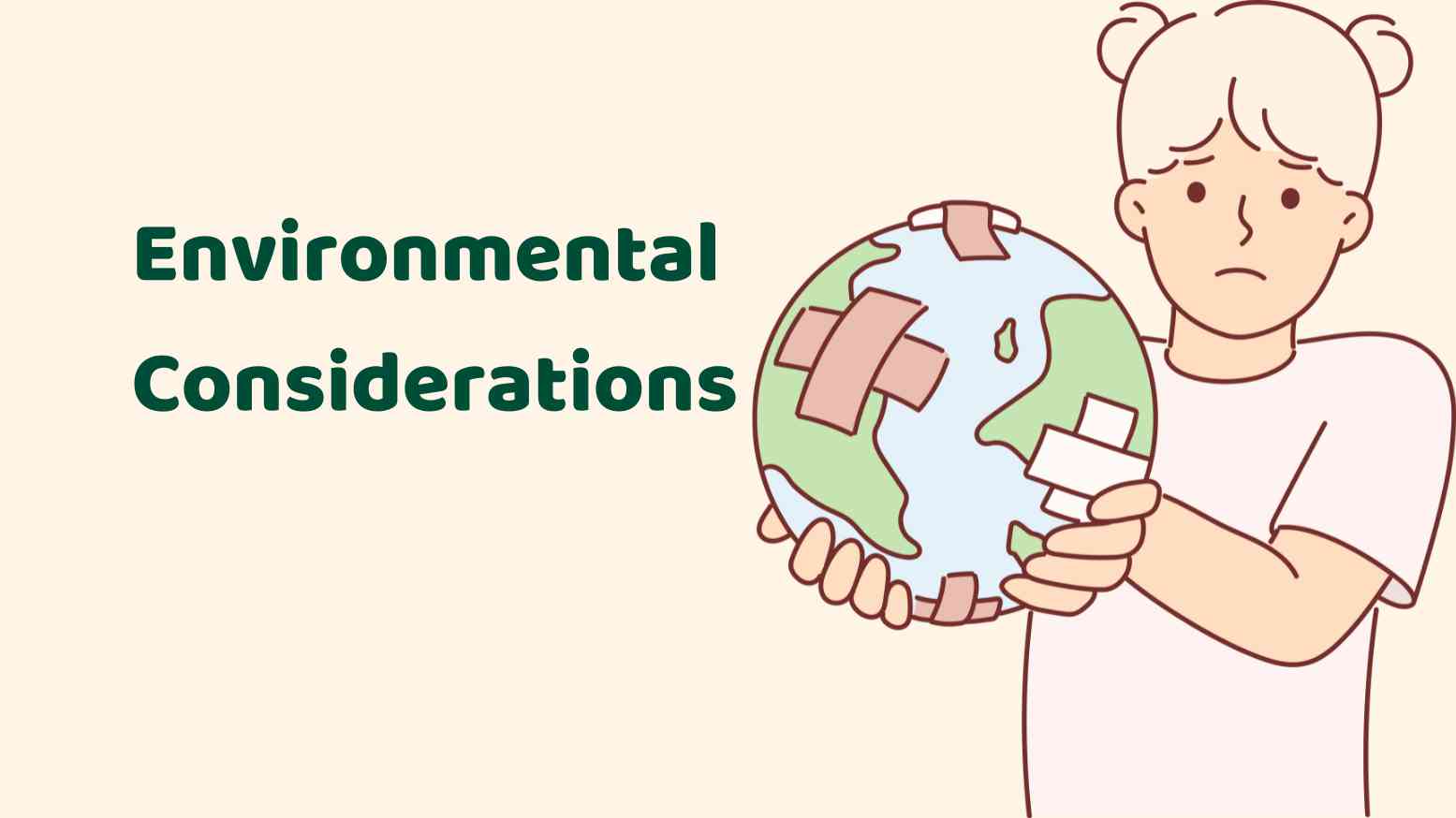
Environmental Impact
Deforestation, water pollution, biodiversity loss, and climate change are all directly impacted by animal husbandry. By choosing plant-based diets, people can reduce their environmental impact and help create a more sustainable future.
Consumption of Resources
Growing animals for food necessitates a substantial quantity of land, water, and energy. Plant-based diets preserve these resources, which is good for ecosystems and human populations alike.
Land Use
Compared to the production of food derived from plants, animal husbandry requires a disproportionate quantity of land. Adopting a vegan diet improves food security for expanding people and aids in land restoration.
Health Motivations
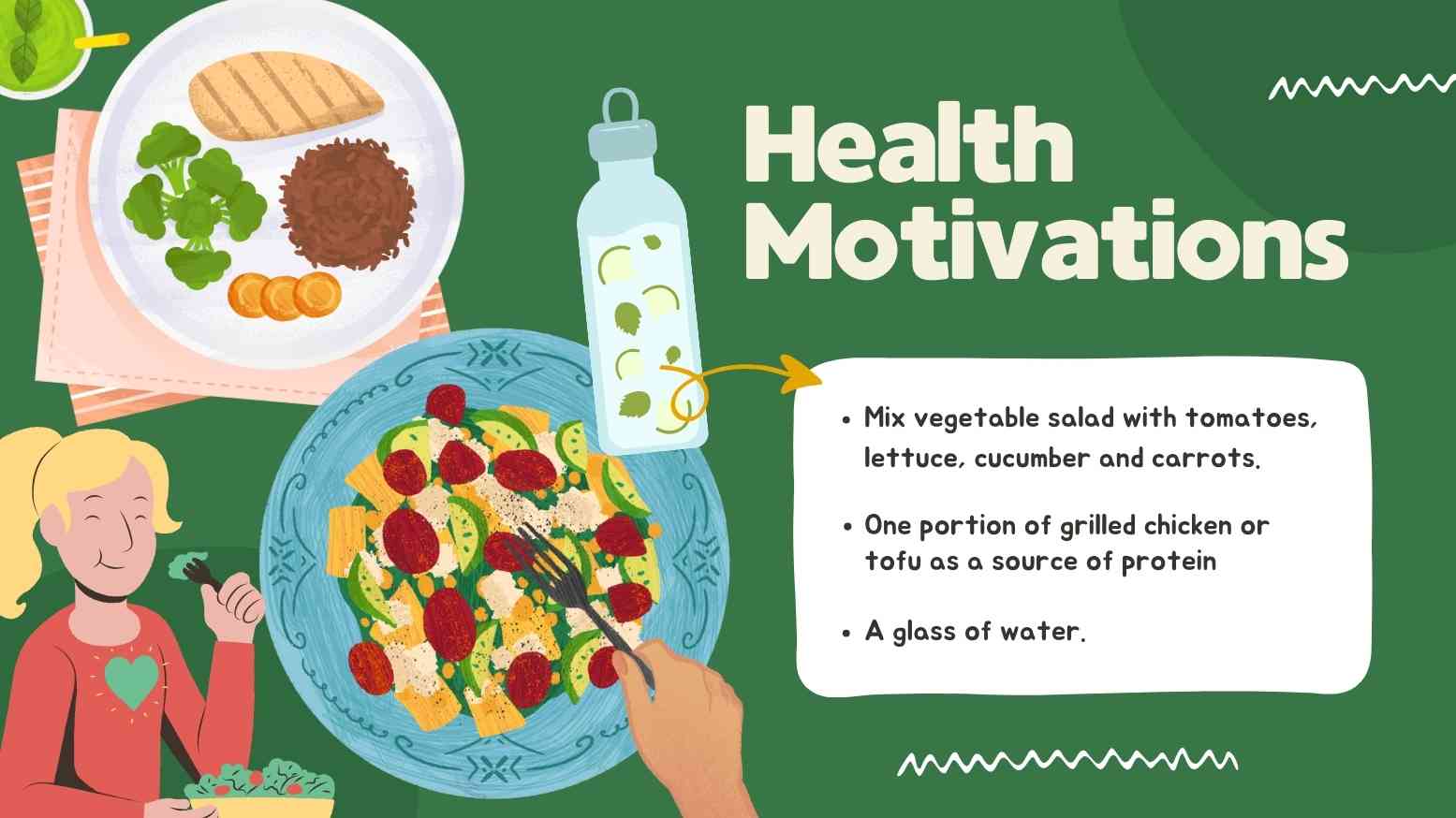
Potential Health Benefits
A well-planned vegan diet has been linked to a lower risk of heart disease, type 2 diabetes, and some types of cancer. These diets, high in fiber, antioxidants, and vital vitamins and minerals, improve general health.
Better Weight Control
Plant-based diets that are higher in fiber and lower in cholesterol and saturated fat may help with weight control and general health.
Personal Inquiry and Awareness
Adopting a vegan lifestyle frequently inspires a closer relationship with one’s nutrition and well-being. People are encouraged to experiment with and discover new, wholesome foods by this voyage.
Recognizing that there is no one-size-fits-all approach to veganism is crucial. Finding resources, creating a community of support, and making sure you’re getting enough nutrients are all essential to a successful vegan journey.
More people are adopting veganism as a conscious and meaningful decision that fits their values and makes the world more compassionate, sustainable, and healthy as the movement gains traction.
Deciding to adopt a vegan diet is a very personal one that frequently combines ethical, environmental, and health-related factors. Some people prioritize the benefits to the environment, while others are more concerned with the welfare of animals. Making decisions is heavily influenced by realizing the prospective health benefits.
You may also like:
- What are the downsides of having a vegan lifestyle
- Can everyone be vegan
- Is it Wrong to Not be a Vegan
FAQs
1. Why do some individuals adopt a vegan lifestyle for ethical reasons?
Many people embrace veganism due to strong ethical concerns about animal abuse and exploitation. They reject practices like factory farming and animal testing, driven by the belief that animals deserve dignity and freedom from pain.
2. What role does animal welfare play in the decision to go vegan?
The deplorable conditions of confinement, painful procedures, and psychological suffering experienced by animals in factory farms motivate individuals to live ethically. Going vegan allows people to disengage from supporting industries engaged in such unethical practices.
3. How does the concept of animal rights influence the choice to be vegan?
Some individuals hold the belief that animals possess intrinsic rights independent of their utility to humans. For them, adopting a vegan lifestyle becomes a moral obligation to avoid participating in the exploitation and objectification of sentient animals.
4. What environmental impacts does veganism aim to address?
Veganism seeks to mitigate deforestation, water pollution, biodiversity loss, and climate change associated with animal husbandry. Choosing plant-based diets reduces environmental footprints and contributes to a more sustainable future.
5. How does veganism contribute to the conservation of resources?
Growing animals for food requires significant amounts of land, water, and energy. Adopting a vegan diet conserves these resources, benefiting ecosystems and human populations alike.
6. In what way does veganism impact land use and food security?
Animal husbandry requires a disproportionate amount of land compared to plant-based food production. Veganism promotes food security for growing populations and aids in land restoration efforts.
7. What potential health benefits are associated with a well-planned vegan diet?
Well-planned vegan diets are linked to a lower risk of heart disease, type 2 diabetes, and certain cancers. These diets, rich in fiber, antioxidants, and essential nutrients, contribute to overall health.
